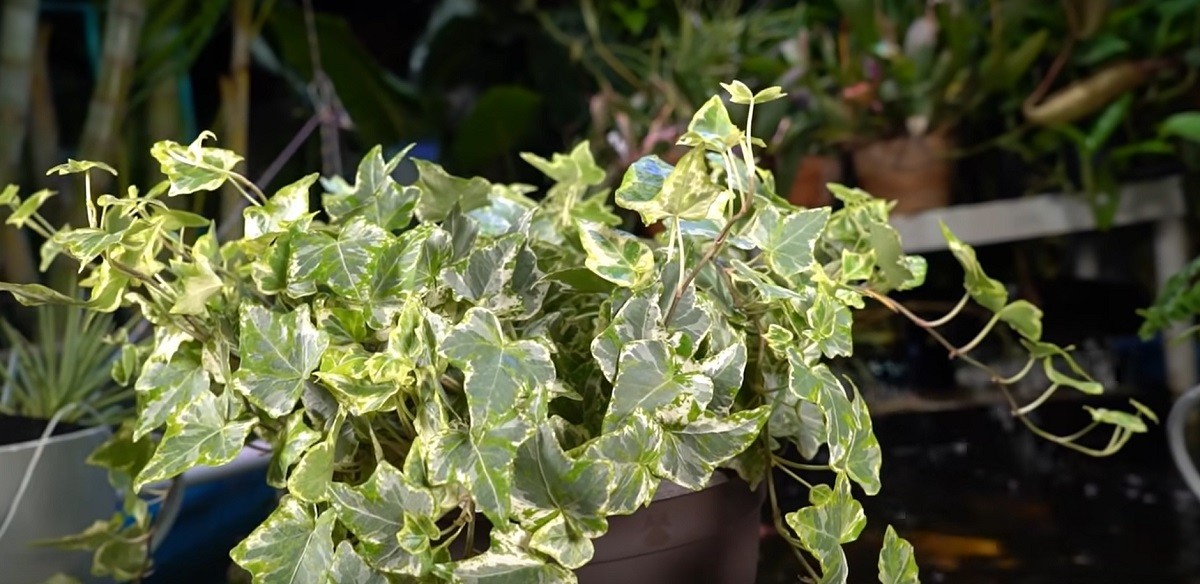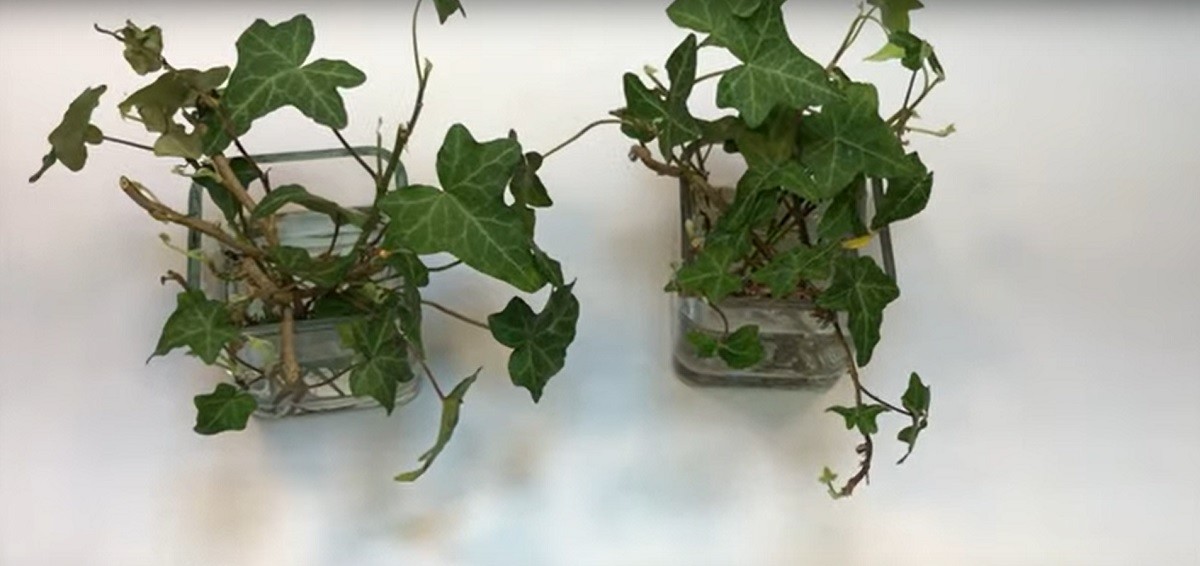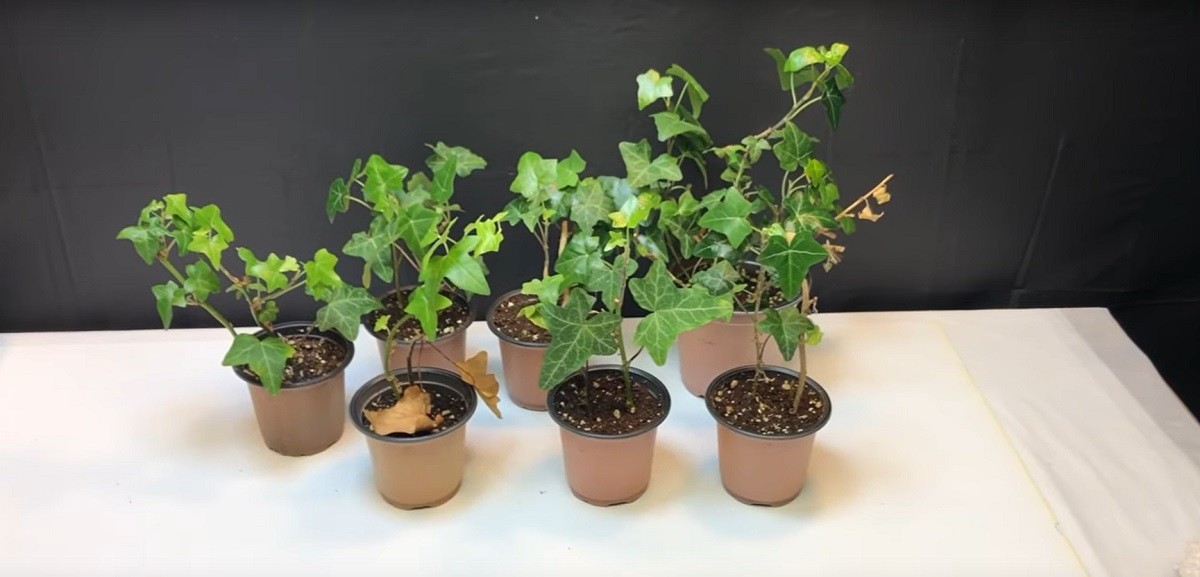Introduction
It may surprise you to learn that ivy, a plant that you have probably seen growing on the outside walls of some buildings, can also be used in house construction. It can also be grown indoors as a houseplant.
The potential benefits of English ivy include air purification, improvement of respiratory problems, and anti-inflammatory and antioxidant properties.
Many types of houseplants can be grown both in water and indoors. One of the advantages of growing plants in water is that you don’t have to water the pot frequently if you don’t pay attention to the water.
In addition, growing flowers in water keeps the plants away from pests and aphids. This is because pests normally attack the plant via the soil.
In addition, pets such as cats and dogs dig up the potting soil with their claws and spread it around the home. Growing plants in water is therefore cleaner than growing them in soil.
Different plants need different methods to grow. Some can be grown by cutting off the stem or fresh leaves. You can cut a piece from your plants at home or ask a friend for some cuttings. also for more information about What is the strongest scented Hoya? click on the link
To grow plants in water, the cuttings must have plenty of leaves. Also cut the stem just below the node.
Then place the stem or leaf in new water. You can use bottled water, rainwater or chlorinated tap water, bearing in mind that the tap water must be left in the container for 24 hours to allow the chlorine to escape. Place the container in a place in the home that receives bright, indirect light.
What does underwatered ivy look like?
Keeping pets in water is easy and possible, but you cannot ignore the plant and its care conditions and expect it to grow fresh and healthy. To keep ivy in water, you should provide indirect light, a normal indoor container, glass, chlorine-free water and liquid fertilizer to keep the plant growing well.
Ivy is a climbing plant that is used in gardens to cover partitions and structures or as a dense ground cover.
Outdoors, it has a reputation for being very intrusive and should be planted where it has space and won’t crowd out other plants, so to speak. There are numerous varieties of ivy with a wide range of colors and leaf assortments.
I like English ivy because it’s easy to plant and doesn’t need much care. It grows well in water. To grow it in water, place four to six centimeter long plant parts in a glass or vase.
After a few months, you can put the ivy pieces with roots in a pot with soil or keep them in water so that they continue to grow.
Frequently asked questions about the care and cultivation of ivy plants
- How much time is required to care for and grow the ivy plant?
The ivy plant needs speed, how much ivy needs is about 15 to 25 degrees Celsius. - How many times a year should the ivy plant be fertilized?
It is sufficient to fertilize the potting soil of this plant once in spring, summer and autumn. - How much light does the ivy plant need?
The ivy plant is a plant that needs a lot of light, but it must receive this light indirectly.
To care for ivy
- always cut off brown/yellow leaves and remove dry stems from ivy.
- Place the plant in a bright spot, but protect it from direct sunlight and wind.
- The paler the leaves, the more light is needed.
- If possible, do not immerse the roots of your plant in water. Moderate humidity is good.
- Feeding the ivy plant monthly ensures healthy growth.
- Prune any branches that grow too long.
Conclusion
- Ivy is an evergreen plant that has amazing benefits. As a houseplant, it can help to purify the air.
- Some research suggests that it has antioxidant and anti-inflammatory effects when ingested. It also appears to relieve coughs associated with colds and viral infections.
- However, it can cause allergic reactions in some people and little is known about its safety when used as a dietary supplement.
- Overall, more human research is needed to better understand the benefits of ivy as an herbal medicine.





